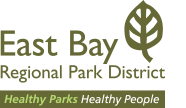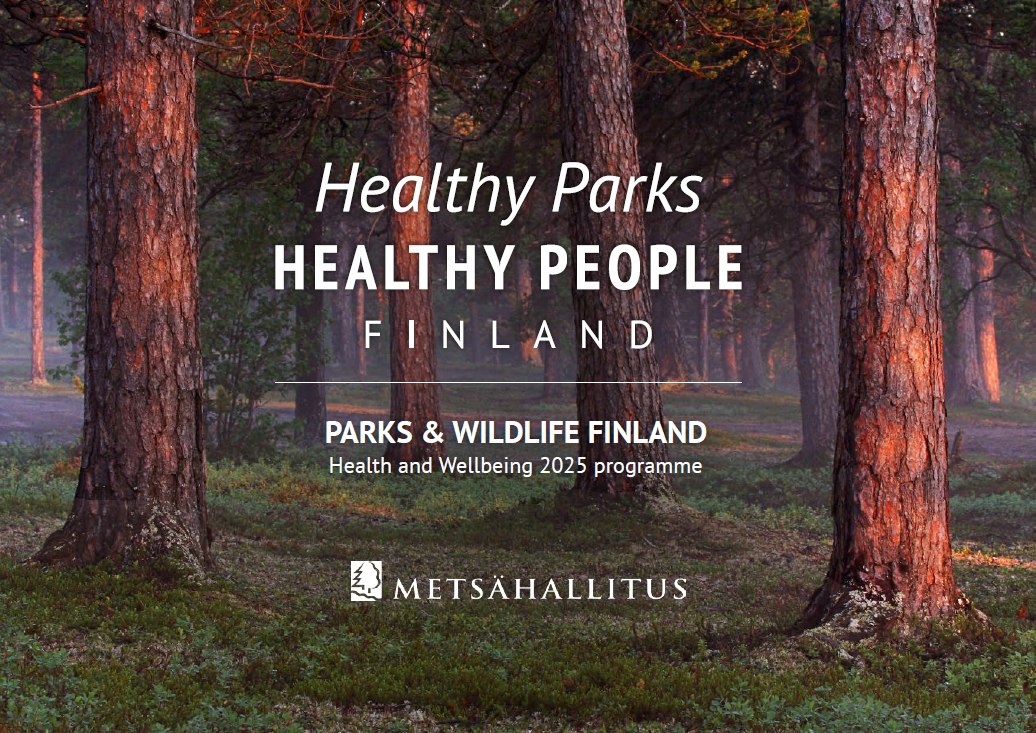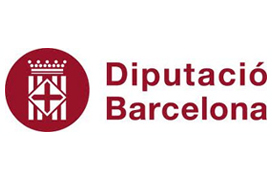Webinar: Parks & Protected Areas as ‘Natural Health Centres’
There is a range of good practice in Europe’s national parks and other Protected Areas in increasing physical activity, improving mental health and addressing health inequalities using green exercise and contact with nature through outdoor recreation, volunteering, learning, sport and active travel.
WEBINAR: Parks & Protected Areas as ‘Natural Health Centres’
- 5th September 2018, 14:30 CEST (Central Europe Summer Time)
- Register here
The EUROPARC Federation, thanks to the work of the Health and Protected Areas Commission, has produced a new toolkit to help its members increase the role of National Parks and other Protected Areas as health-promoting assets. The toolkit Health & Well-being Benefits from Parks & Protected Areas includes the latest studies showcasing a positive correlation between outdoor activities and health improvements, and the most interesting projects implemented throughout Europe.
In this webinar, you will have a glimpse of the Toolkit and hear first-hand about 3 examples of the good practice in supporting health outcomes through connecting people with nature that is developing in National Parks and other Protected Areas across Europe and the USA.
The case study presenters will share with us how Park staff are working with health professionals; how to quantify and measure health benefits; and how to communicate and promote health initiatives in Protected Areas.
The Webinar will be moderated by Pete Rawcliffe from the Scottish Natural Heritage and Council member of EUROPARC Federation. Pete will introduce the EUROPARC Federation Toolkit and highlight how it can help National Parks and other Protected Areas realise their potential as “natural health centres”.
Peter Rawcliffe is Activity Manager with the Scottish Natural Heritage. His activity brings together the people-focused aspects of SNH’s remit – how people experience, enjoy, understand and care for Scotland’s natural heritage. Between 1997 and 2002, he led SNH’s work on the development and implementation of proposals for Scotland’s National Parks. More recently, he has developed SNH’s policy framework on enjoying the outdoors and led the organisation’s growing partnership work with the health sector in Scotland. He is an elected Council Member for the EUROPARC Federation and chairs the health and Protected Areas commission.
Case Study 1
The Healthy Parks Healthy People Approach
By Bob Doyle, East Bay Regional Park District, USA
A case study from the East Bay Regional Park District, San Francisco Bay Area showing how park staff are working with health professionals to provide and promote Healthy Parks Healthy People programmes.

Case Study 2
Health & Well-being in Finnish National Parks: benefits perceived by visitors
By Joel Erkkonen, Parks & Wildlife Finland
A case study from Finland looking at how Parks have developed their role in health promotion through a Healthy Parks Healthy People Programme, and are now collecting data on visitor activity and quantifying the health benefits that are generated.
Joel Erkkonen is Development Manager at Metsähallitus, Parks & Wildlife Finland, Lapland. He is responsible for development projects and innovations, stakeholder activities and international affairs. He is an expert on sustainability and management of recreation and tourism. Joel has worked for Parks & Wildlife Finland since 2000 and has a solid experience about several international and domestic development projects: visitor monitoring, sustainable nature-based tourism, developing visitor centres, service design and customer experience, national park branding, Healthy Parks – Healthy People Finland etc.

Case Study 3
Local experiences of promoting Health & Well-being in the network of Protected Areas of Barcelona province
By Carles Castell, Provincial Council of Barcelona
A case study from Barcelona looking at how they have developed a range of approaches to promoting health and well-being through strategic planning, site management, communications and outreach programmes.
The webinar will be hold in English and have a duration of approximately 1:20 min. After the presentations, each participant will have the chance to direct their questions to the presenters.
Participation is free but registration is necessary – you can register here.
Learn more about EUROPARC webinars and have access to the recording and presentations of the previous webinars.